They Knew They Were Pilgrims - by John G Turner (Hardcover)
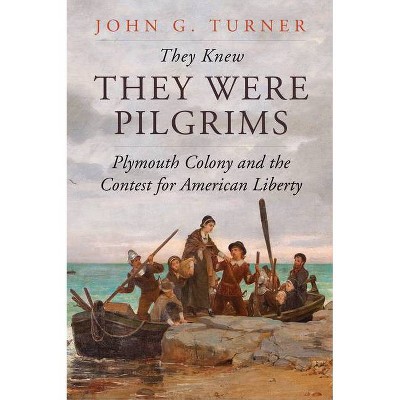
Similar Products
Products of same category from the store
AllProduct info
<p/><br></br><p><b> About the Book </b></p></br></br>In 1620, separatists from the Church of England set sail across the Atlantic aboard the Mayflower. Understanding themselves as spiritual pilgrims, they left to preserve their liberty to worship God in accordance with their understanding of the Bible. There exists, however, an alternative, more dispiriting version of their story. In it, the Pilgrims are religious zealots who persecuted dissenters and decimated the Native peoples through warfare and by stealing their land. The Pilgrims' definition of liberty was, in practice, very narrow. Drawing on original research using underutilized sources, John G. Turner moves beyond these familiar narratives in his sweeping and authoritative new history of Plymouth Colony. Instead of depicting the Pilgrims as otherworldly saints or extraordinary sinners, he tells how a variety of English settlers and Native peoples engaged in a contest for the meaning of American liberty. From dust jacket.<p/><br></br><p><b> Book Synopsis </b></p></br></br><b>Published for the 400th anniversary of the <i>Mayflower</i>'s landing, this ambitious new history of the Pilgrims and Plymouth Colony "will become the new standard work on the Plymouth Colony." (Thomas Kidd) </b> <br> <b>"Informative, accessible, and compelling. . . . A welcome invitation to rediscover the Mayflower voyage and the founding of Plymouth Colony."--Daniel M. Gullotta, <i>Christianity Today</i></b> <p/><b>"[An] excellent new history. . . . [Turner] asserts that the Pilgrims matter for more than their legend, and he deftly uses the history of Plymouth to explore ideas of liberty in the American colonies."--Nathanael Blake, <i>National Review</i></b> <br> In 1620, separatists from the Church of England set sail across the Atlantic aboard the <i>Mayflower</i>. Understanding themselves as spiritual pilgrims, they left to preserve their liberty to worship God in accordance with their understanding of the Bible. <p/> There exists, however, an alternative, more dispiriting version of their story. In it, the Pilgrims are religious zealots who persecuted dissenters and decimated Native peoples through warfare and by stealing their land. The Pilgrims' definition of liberty was, in practice, very narrow. <p/> Drawing on original research using underutilized sources, John G. Turner moves beyond these familiar narratives in his sweeping and authoritative new history of Plymouth Colony. Instead of depicting the Pilgrims as otherworldly saints or extraordinary sinners, he tells how a variety of English settlers and Native peoples engaged in a contest for the meaning of American liberty. <br><p/><br></br><p><b> Review Quotes </b></p></br></br><br>"<i>They Knew They Were Pilgrims</i> tells this story anew through an even-keeled and extensive history."--James Panero, <i>New Criterion Critic's Notebook</i> <p/>"[An] excellent new history of the colony. . . . While validating some criticisms, [Turner] asserts that the Pilgrims matter for more than their legend, and he deftly uses the history of Plymouth to explore ideas of liberty in the American colonies."--Nathanael Blake, <i>National Review</i> <p/>"Informative, accessible, and compelling, <i>They Knew They Were Pilgrims</i> is a welcome invitation to rediscover the Mayflower voyage and the founding of Plymouth Colony at a distance of four centuries."--Daniel N. Gulotta, <i>Christianity Today</i> <p/>Received the CT Award of Merit for the history/ biography category, sponsored by Christianity Today <p/>Finalist for the 2020 TGC History Book Prize, sponsored by The Gospel Coalition <p/>Shortlisted for the New England Society Book Award, sponsored by the New England Society in the City of New York <p/>"This highly important book will become the new standard work on the Plymouth Colony."--Thomas Kidd, author of <i>Who Is an Evangelical?</i> <p/><i>"They Knew They were Pilgrims</i> is a deeply-researched must-read for anyone interested in the Pilgrims and in the history of 17th-century Plymouth Colony."--Michael P. Winship, author of <i>Hot Protestants</i> <p/>"This is 'Pilgrim' history from start to finish--all the way from the stirrings of 'separatism' in late sixteenth-century England to the absorbing of Plymouth Colony into Massachusetts in 1691. Told with unusual lucidity, Turner's narrative avoids the myths of the Pilgrims as founders of our democracy or 'Congregationalism.'"--David D. Hall, author of <i>The Puritans: A Transatlantic History</i> <p/>"Turner takes readers deep into the complex world the Pilgrims inhabited, giving an old familiar story remarkable new life and power. The story he tells is at once entertaining, erudite, and wonderfully human."--Margaret Bendroth, author of <i>The Last Puritans</i> <p/>"Compulsively readable, lively, and engaging. Turner summarizes the best of recent scholarship and also digs into the primary records--published and archival--for fresh perspectives on Plymouth Colony. History buffs and scholars alike will enjoy this addition to the literature. "--Jenny Hale Pulsipher, author of <i>Swindler Sachem</i> <p/><br><p/><br></br><p><b> About the Author </b></p></br></br><b>John G. Turner</b> is professor of religious studies at George Mason University and the award-winning author of <i>Brigham Young: Pioneer Prophet</i>.
Price History
Price Archive shows prices from various stores, lets you see history and find the cheapest. There is no actual sale on the website. For all support, inquiry and suggestion messagescommunication@pricearchive.us


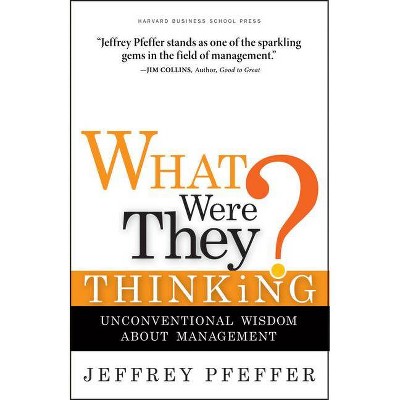
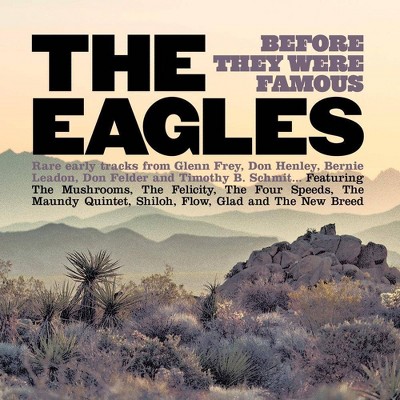

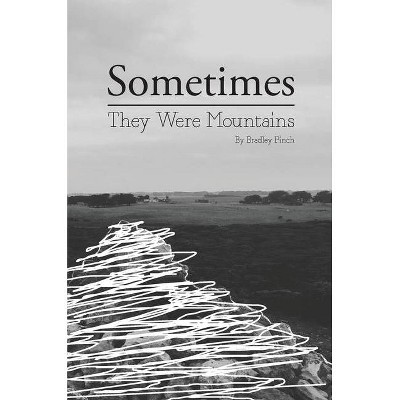
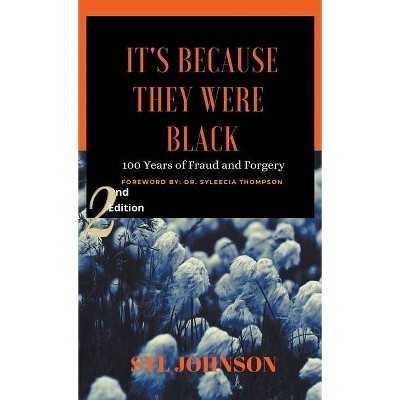
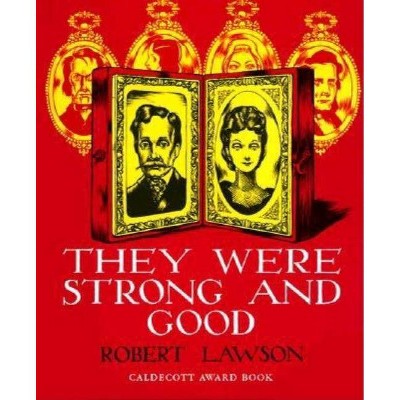
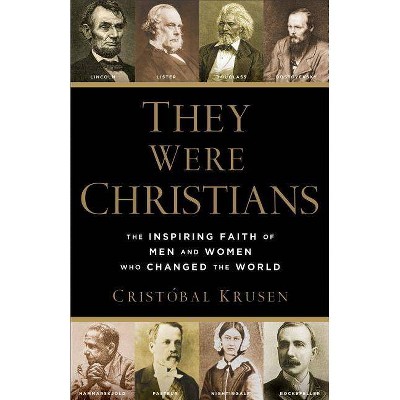
![And So They Were Married [DVD] [1936]](https://pisces.bbystatic.com/image2/BestBuy_US/images/products/2544/25445568_so.jpg)










